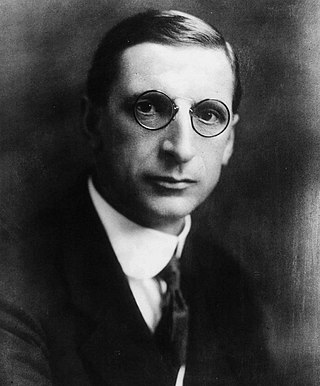
The Parliament of Northern Ireland was the home rule legislature of Northern Ireland, created under the Government of Ireland Act 1920, which sat from 7 June 1921 to 30 March 1972, when it was suspended because of its inability to restore order during The Troubles, resulting in the introduction of Direct Rule. It was abolished under the Northern Ireland Constitution Act 1973.

Terence Marne O'Neill, Baron O'Neill of the Maine, PC (NI), was the fourth prime minister of Northern Ireland and leader (1963–1969) of the Ulster Unionist Party (UUP). A moderate unionist, who sought to reconcile the sectarian divisions in Northern Ireland society, he was a member of the Parliament of Northern Ireland for the Bannside constituency from 1946 until his resignation in January 1970; his successor in the House of Commons of Northern Ireland was Ian Paisley, while control of the UUP also passed to more hard-line elements.

Two elections in Ireland took place in 1921, as a result of the Government of Ireland Act 1920 to establish the House of Commons of Northern Ireland and the House of Commons of Southern Ireland. The election was used by Irish Republicans as the basis of membership of the Second Dáil.

Joseph Devlin was an Irish journalist and influential nationalist politician. He was a Member of Parliament (MP) for the Irish Parliamentary Party in the House of Commons of the United Kingdom. Later Devlin was an MP and leader of the Nationalist Party in the Parliament of Northern Ireland. He was referred to as "the duodecimo Demosthenes" by the Irish politician Tim Healy which Devlin took as a compliment.
Belfast is the largest city and capital of Northern Ireland. It is partly located in County Antrim and partly in County Down.

William McMullen was an Irish trade unionist and politician. A member of the Labour movement, McMullen primary work was a trade unionist, but he was also a successful politician who secured office in the Parliament of Northern Ireland. Despite coming from a Presbyterian family, McMullen was also an avowed Irish republican, bitterly opposing the partition of Ireland in the 1920s and joining the Republican Congress in the 1930s. In the 1940s McMullen became the leader of the Irish Transport and General Workers' Union and in the 1950s, he became a member of the Irish senate.
The 1952 Belfast South by-election was held following the resignation of Ulster Unionist Party (UUP) Member of Parliament, Hugh Gage.

On 9 June 2011, a by-election was held for the United Kingdom constituency of Belfast West. The by-elected was prompted by the resignation of the constituency's Member of Parliament, Gerry Adams in advance of his candidacy in the 2011 general election in the Republic of Ireland.
In Northern Ireland, the Leader of the Opposition was the leader of the largest political party in the House of Commons of Northern Ireland that was not in the government of the day. The position was eliminated in 1972 when the Stormont Parliament was abolished and replaced by direct rule from London.







